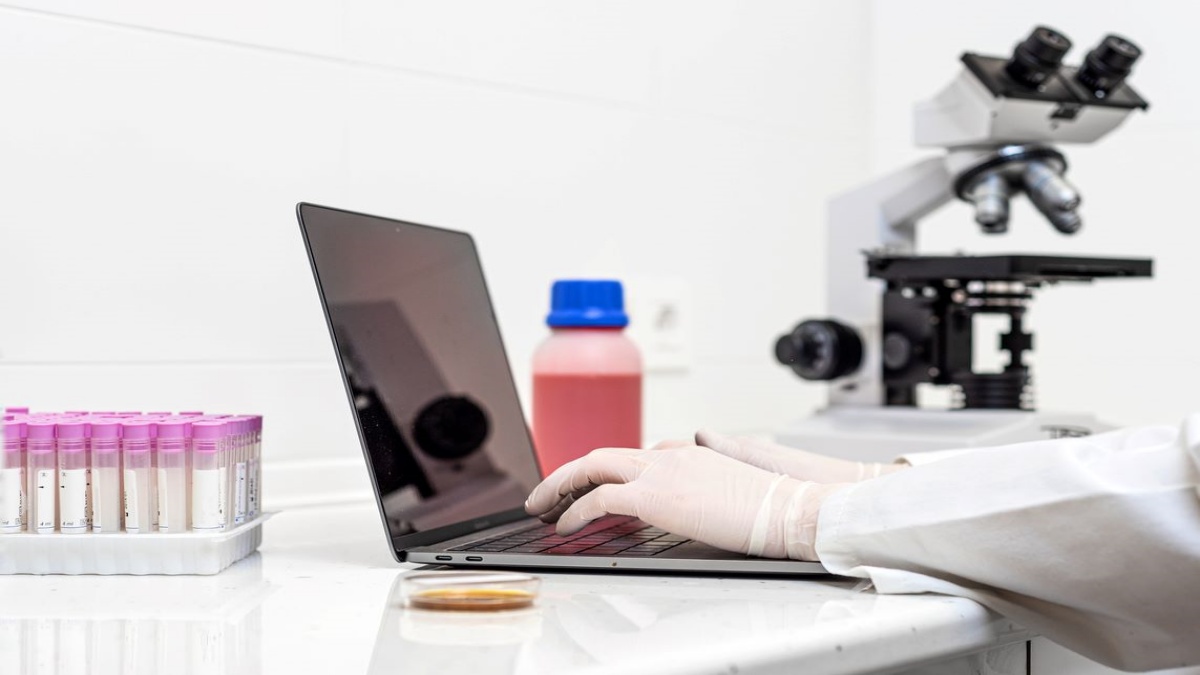The Goip Lang Symposium, organized by the Amsterdam Institute for Global Health and Development (AIGHD), annually highlights the intersections between global healthcare and various social and global developments. This year I stood up A seminar Celebrating the future of genomic surveillance and its impact on global public health, emphasizing the necessity of equal access to this essential technology. The Corona crisis has increasingly drawn attention to the key role of data in the modern world.
Delay
Genomic surveillance uses modern data technologies to analyze pathogens for genetic characteristics. This allows researchers to detect and track viruses and their variants more quickly. This technology has proven itself during the Covid-19 pandemic, where vaccines have been effectively adapted to new variants. However, access to this technology is uneven around the world. African countries in particular have much less surveillance than leading countries, leading to delays in identifying new variants of the virus.
In countries that collect only a small number of samples, detection can take months. “These countries take 0.01 samples per million population per week,” says de Jong. “This allows the virus variant to spread to dozens of neighboring countries before it is detected.” This means that the variant that originated in Africa was not identified until approximately 160 days later, while the variant from Europe was detected 30 days later. “70% of African coronavirus variants were detected in Europe, not Africa,” says De Jong.
Ethical considerations
In addition to the technical aspects of genomic surveillance, ethical considerations are also discussed. Sharifa Sikalala, professor of global health law at the University of Warwick, pointed out the downsides of collecting large amounts of personal medical data. The proliferation of smart watches and tracking apps has created a rich source of health data. However, the way companies handle this data can lead to a loss of trust. Sikalala: “A lot of personal data is collected unnecessarily. This is because data is a business asset for these companies. The result is that people who use these types of applications lose trust. While this development could mean a lot for public health.
Genomic surveillance and data technology
Genome surveillance, i.e. tracking and mapping viruses on a large scale, therefore relies heavily on modern data technology. This technology allows researchers to analyze genetic information from viruses quickly and accurately. By identifying virus variants and tracking their spread, genomic surveillance plays an important role in public health. The effectiveness of this method is limited by global inequality in access to advanced data technologies, leaving some regions lagging behind in the fight against viral diseases.
However, the challenges and opportunities of genetic monitoring extend beyond mere technical implementation. It’s about finding a balance between public health benefits and individual privacy.

“Total coffee specialist. Hardcore reader. Incurable music scholar. Web guru. Freelance troublemaker. Problem solver. Travel trailblazer.”







More Stories
GALA lacks a chapter on e-health
Weird beer can taste really good.
Planets contain much more water than previously thought